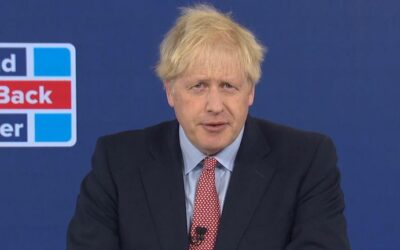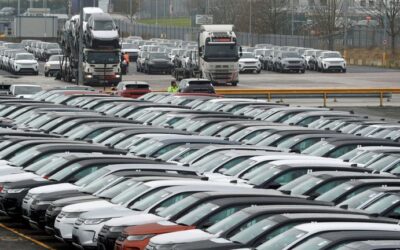Virgin Money is to cut up to 400 jobs in the latest phase of its cost-cutting plans following its tie-up with Clydesdale and Yorkshire banking group (CYBG).
The cuts are understood to affect 200 jobs at the Clydesdale’s former head office in Glasgow, 50 at the former Yorkshire Bank HQ in Leeds and 150 at Virgin Money’s office in Gosforth.
Virgin said they represented the latest stage of its “integration process” after the £1.7bn takeover in 2018 by CYBG which saw the combined company rebranded as Virgin Money.
Where jobs are being lost across the UK economu
It has said it is aiming to create a “significantly more efficient and sustainable business” but acknowledged that workers were being let go in a tough jobs market.
The announcement follows recent cuts by TSB and the Co-operative Bank, rivals of a similar scale in the UK high street banking sector.
Advertisement
Lucy Dimes, chief strategy and transformation officer at Virgin Money UK, said it was seeking to build “a sustainable business which is fit for the future”.
She added: “Decisions on jobs are never taken lightly, particularly in the more challenging environment brought about by the pandemic, and our focus is on minimising the impact on colleagues from the changes as much as we can.”
More from Business
Ms Dimes said the company would seek to find alternative roles and avoid compulsory redundancies where possible.
Virgin had already warned at the time of its CYBG tie-up that up to 1,500 jobs were likely to be lost as it sought efficiencies.
Please use Chrome browser for a more accessible video player
700,000 jobs lost since March
It axed 330 in the first tranche of cuts in 2019 with 500 more job losses announced in February this year as it set about closing or consolidating dozens of branches reducing its network to 166 sites.









